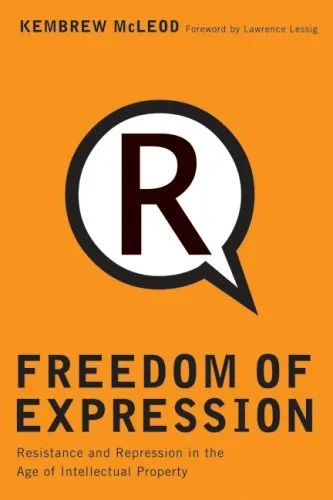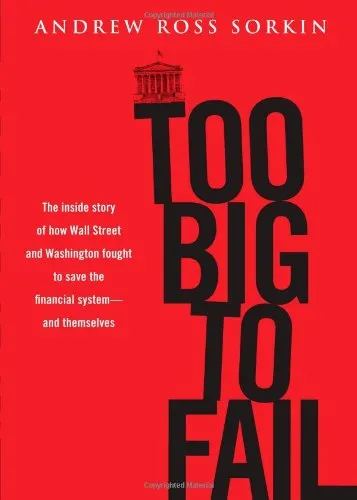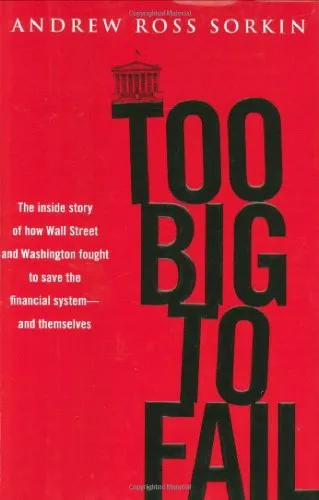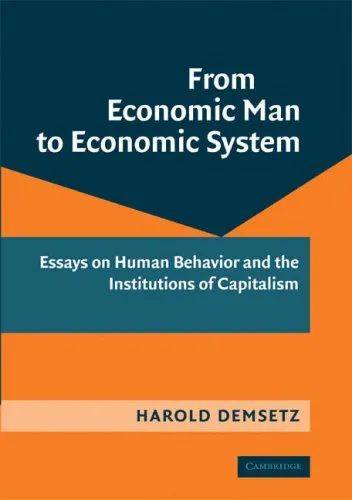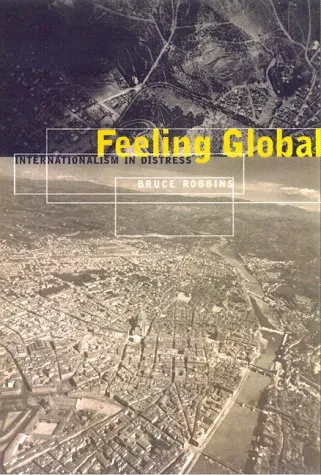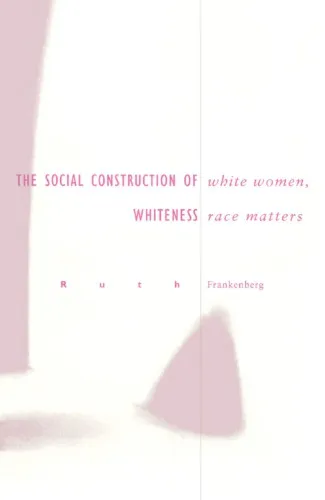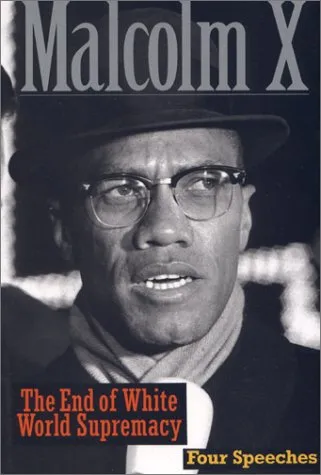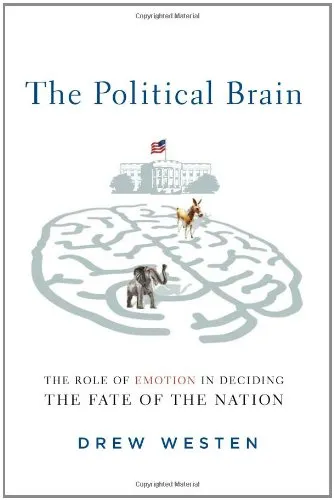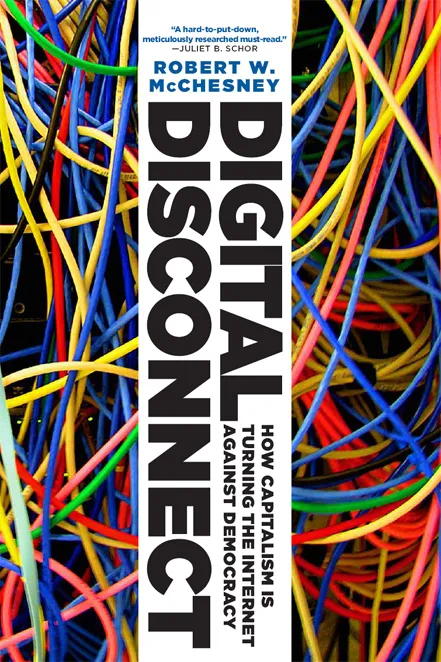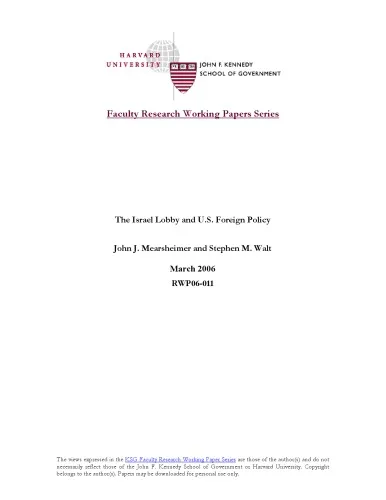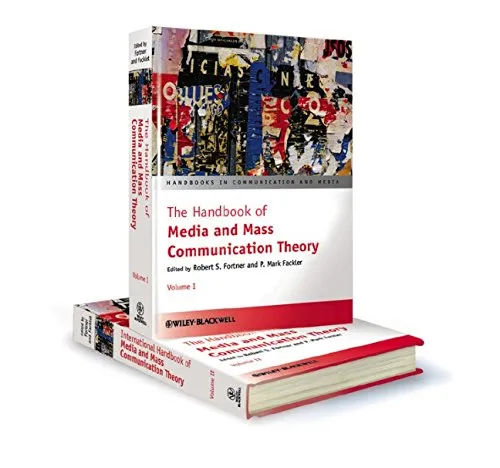Freedom of Expression: Resistance and Repression in the Age of Intellectual Property
4.5
بر اساس نظر کاربران

شما میتونید سوالاتتون در باره کتاب رو از هوش مصنوعیش بعد از ورود بپرسید
هر دانلود یا پرسش از هوش مصنوعی 2 امتیاز لازم دارد، برای بدست آوردن امتیاز رایگان، به صفحه ی راهنمای امتیازات سر بزنید و یک سری کار ارزشمند انجام بدینکتاب های مرتبط:
معرفی کتاب "Freedom of Expression: Resistance and Repression in the Age of Intellectual Property"
کتاب "Freedom of Expression: Resistance and Repression in the Age of Intellectual Property" نوشته کِمبرُ مکلئود، یکی از منابع اصلی و شاخص در بررسی عمیق مفاهیمی همچون آزادی بیان و نقش حقوق مالکیت فکری (Intellectual Property) در محدود کردن یا تقویت این آزادیها محسوب میشود. نویسنده در این کتاب، نهتنها به دنبال تحلیل تئوریک است، بلکه با ارائه مثالهای کاربردی و ملموس، تصویر واضحی از تأثیرات مثبت و منفی سیستم حقوق مالکیت فکری در عصر دیجیتال ارائه میکند.
خلاصهای جامع از کتاب
این کتاب علاوه بر اینکه به موضوع گسترده آزادی بیان و اهمیت آن در جوامع مدرن میپردازد، تمرکز ویژهای بر تقاطع این مفهوم با نظامهای حقوق مالکیت فکری دارد. مکلئود توضیح میدهد که چگونه قوانین مالکیت فکری، به منظور حفاظت از ایدهها و آثار خلاقانه طراحی شدهاند اما در بسیاری از موارد، نتیجهای معکوس و مانع آزادی بیان داشتهاند. نویسنده به بررسی سیاستها، دادگاهها و همچنین نمونههای واقعی از افرادی میپردازد که تحت تأثیر این قوانین قرار گرفتهاند. همچنین، او تأثیر سیستمهای بزرگ سرمایهداری و شرکتهای چندملیتی را که با استفاده از ابزارهای حقوق مالکیت فکری به انحصارگرایی دامن میزنند، نقد میکند.
مکلئود از دیدگاهی علمی-انتقادی و در عین حال روایتگری جذاب، تحلیل خود را ارائه میدهد و نشان میدهد که چگونه کنترل بیشازحد اطلاعات و خلاقیت به ضرر جوامع میتواند تمام شود. در این مسیر، او با تکیه به مفاهیم تئوریک از نظریهپردازانی همچون میشل فوکو و آدورنو، و همچنین ارائه مطالعات موردی متنوع، خواننده را به درک عمیقتری از مفهوم "آزادی بیان" در دنیای امروز میرساند.
نکات کلیدی کتاب
- نقش کلیدی حقوق مالکیت فکری در تعیین مرزهای آزادی بیان.
- تأثیر شرکتهای بزرگ و قوانین انحصاری بر خلاقیت و نوآوری.
- مطالعات موردی از پروندههای مهم حقوقی که آزادی بیان را محدود کردهاند.
- راهکارهای پیشنهادی برای تغییر سیستم کنونی به منظور حفظ تعادل میان حفاظت از ایدهها و تشویق آزادیهای فردی.
جملات مشهور از کتاب
"The concept of intellectual property, while noble in its intent, often becomes a weapon of suppression rather than a tool for empowerment."
"The intersection of technology, law, and creativity defines the battlefront of free expression in the twenty-first century."
چرا این کتاب مهم است؟
کتاب "Freedom of Expression: Resistance and Repression in the Age of Intellectual Property" برای هر کسی که به موضوعات آزادی بیان، حقوق دیجیتال، و تأثیر قوانین بر خلاقیت و مشارکتهای اجتماعی علاقهمند است، یک منبع ضروری محسوب میشود. این کتاب نه تنها به نظریهپردازی در مورد محیط دیجیتال و سیاستهای مرتبط میپردازد، بلکه با تحلیلهای دقیق و مثالهای واقعی، تأثیرات عمیق و تحولآفرین این قوانین را به تصویر میکشد. اهمیت آن در دعوت خوانندگان به تفکر درباره ایجاد جامعهای است که در آن آزادی بیان واقعاً جایگاه اصلی داشته باشد و قوانین صرفاً برای منافع عدهای محدود تدوین نشوند.
همچنین، این کتاب به بررسی مسئولیتهای فردی و جمعی و ارائه راهحلها برای ایجاد تغییری مثبت در سیستمهای موجود میپردازد. مطالعه این کتاب ابزاری است برای آگاهی از اثرات گسترده قوانین مالکیت فکری در زندگی روزمره و یافتن مسیرهایی برای حفظ و تقویت آزادیهای مدنی.
Introduction to Freedom of Expression: Resistance and Repression in the Age of Intellectual Property
In an age where intellectual property dominates the cultural and economic landscape, Freedom of Expression: Resistance and Repression in the Age of Intellectual Property delves into the critical intersection of creativity, control, and ownership. This book confronts pressing questions about how intellectual property laws shape cultural production, stifle creativity, and limit our freedom of expression. It is a call to action, not only for those who create but also for those who consume and interpret culture. Written by Kembrew McLeod, a renowned scholar, journalist, and activist, this book critically examines the contemporary landscape of intellectual property and its effects on freedom, innovation, and resistance.
Detailed Summary
In this book, Kembrew McLeod takes readers into the complexities of intellectual property law and its impact on human creativity and the public’s right to share culture. The narrative is framed through a series of engaging case studies and historical examples that reveal the often-overlooked tensions between corporate profit motives and the public good. McLeod discusses how the expansion of copyright, trademark, and patent laws has been used not only as a tool for economic control but also as a mechanism for censorship and cultural repression.
The book highlights the growing movement of activists, artists, and academics who resist these restrictive frameworks. From DIY cultural creators to activists working in a world governed by digital piracy and remix culture, McLeod demonstrates how grassroots movements have emerged to protect freedoms that are increasingly under threat. The author doesn’t shy away from critiquing both legal systems and corporate practices, exploring how they intersect to centralize power in the hands of a few, often at the cost of silencing marginalized voices.
By interweaving real-world examples with academic insights, McLeod makes a compelling argument that intellectual property laws, as they currently exist, hinder rather than help societies flourish. He also emphasizes the need to strike a balance between protecting creators and encouraging free expression for everyone.
Key Takeaways
- Intellectual property laws are neither neutral nor objective; they are political tools often used to consolidate power.
- Corporate monopolization of culture limits communal access to shared knowledge, art, and history.
- Successful resistance to repressive intellectual property regimes often emerges from grassroots activism and creative subversion.
- Balancing creators’ rights and public freedoms is essential to ensure a healthy, open society.
- Critical awareness and public action are necessary to resist the cultural and economic consequences of overreaching intellectual property laws.
Famous Quotes from the Book
“Freedom of expression is not just a legal concept; it’s a cultural and political necessity.”
“Popular culture is not just entertainment; it’s the language through which societies communicate and grow.”
“The battle over intellectual property is a battle over the future of culture itself.”
Why This Book Matters
The book is critically important in today’s world, where issues of intellectual property and cultural expression have become all-encompassing. As technology evolves and the internet permeates all aspects of life, the stakes have only risen. With corporations and governments seeking greater control over information, creativity, and public discourse, McLeod’s insights are essential for understanding the dynamics at play. Readers come away with not only a deeper understanding of copyright and intellectual property issues but also a sense of urgency to act.
What makes this work truly significant is McLeod’s ability to connect complex legal and theoretical arguments with real-world implications. By bridging the gap between academia and activism, Freedom of Expression equips readers with the intellectual tools and moral compass needed to effect change. Whether you are an artist, a policymaker, or a concerned citizen, this book resonates with everyone who values creativity and the democratization of culture.
دانلود رایگان مستقیم
شما میتونید سوالاتتون در باره کتاب رو از هوش مصنوعیش بعد از ورود بپرسید
دسترسی به کتابها از طریق پلتفرمهای قانونی و کتابخانههای عمومی نه تنها از حقوق نویسندگان و ناشران حمایت میکند، بلکه به پایداری فرهنگ کتابخوانی نیز کمک میرساند. پیش از دانلود، لحظهای به بررسی این گزینهها فکر کنید.
این کتاب رو در پلتفرم های دیگه ببینید
WorldCat به شما کمک میکنه تا کتاب ها رو در کتابخانه های سراسر دنیا پیدا کنید
امتیازها، نظرات تخصصی و صحبت ها درباره کتاب را در Goodreads ببینید
کتابهای کمیاب یا دست دوم را در AbeBooks پیدا کنید و بخرید
1451
بازدید4.5
امتیاز0
نظر98%
رضایتنظرات:
4.5
بر اساس 0 نظر کاربران
Questions & Answers
Ask questions about this book or help others by answering
No questions yet. Be the first to ask!
